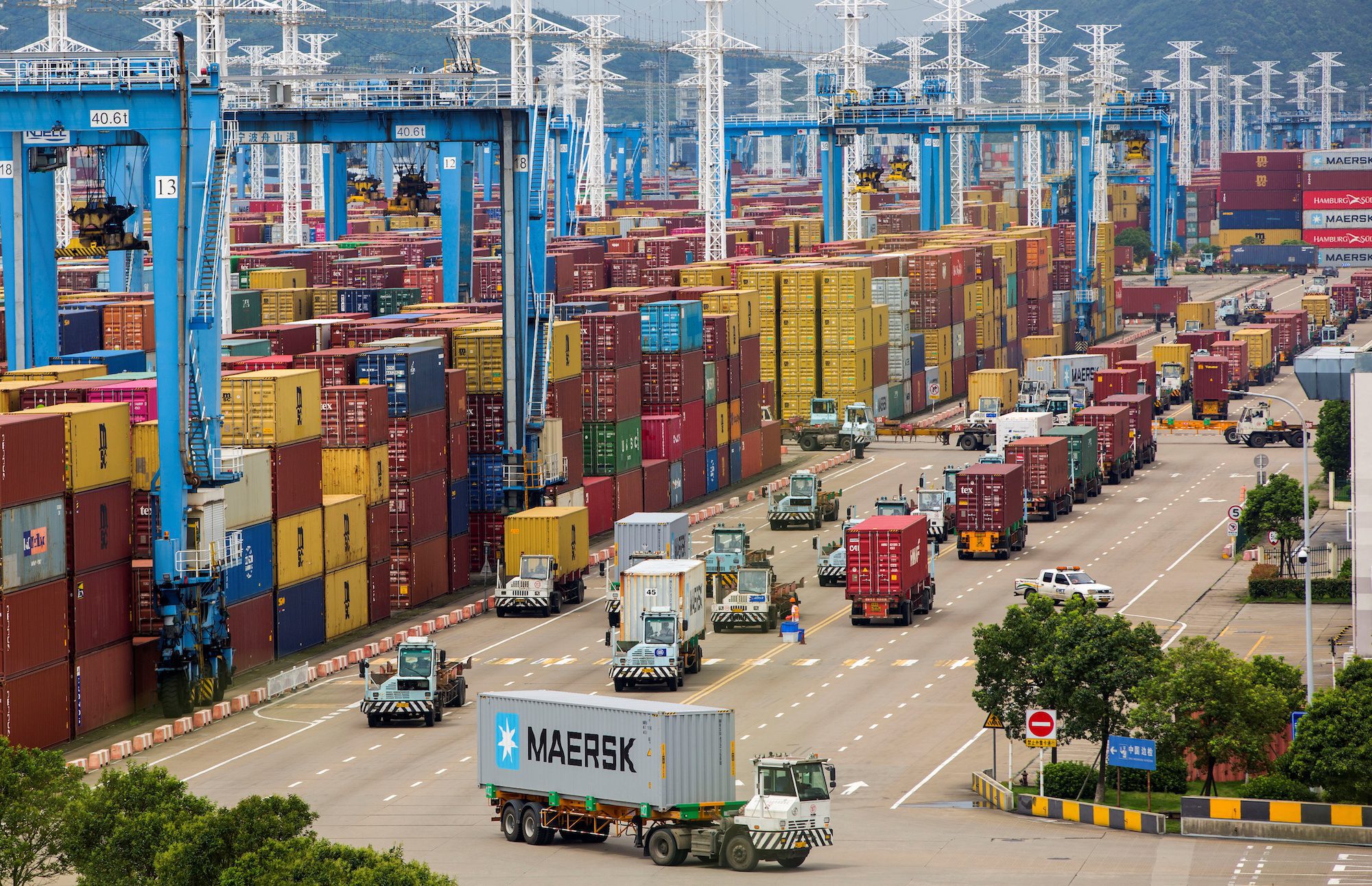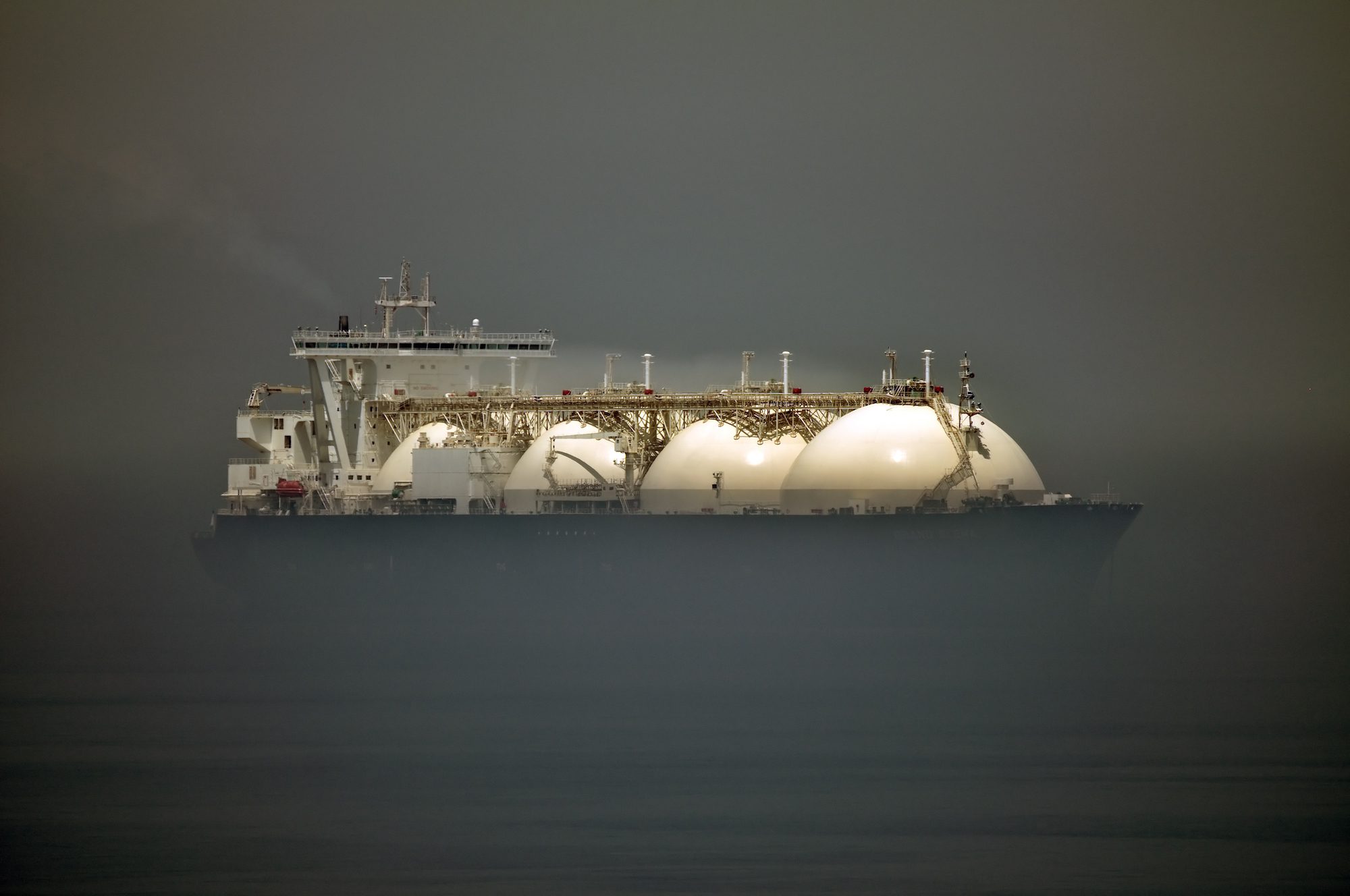The International Monetary Fund has lowered its outlook for the global economy amid high inflation and downside risks on multiple fronts.
According to the IMF’s World Economic Outlook report, global economic activity is experiencing a broad-based and sharper-than-expected slowdown as inflation rages at levels not seen in several decades. Global growth measured by GDP is now forecast to slow from 6.0 percent in 2021 to 3.2 percent in 2022 and 2.7 percent in 2023—the weakest growth since 2001 with the exception of the global financial crisis and initial economic hit of the COVID-19 pandemic. The cost-of-living crisis, tightening financial conditions in most regions, Russia’s invasion of Ukraine, and the lingering COVID-19 pandemic all weigh heavily on the IMF’s outlook.
“More than a third of the global economy will contract this year or next, while the three largest economies—the United States, the European Union, and China—will continue to stall. In short, the worst is yet to come, and for many people 2023 will feel like a recession,” said Pierre-Olivier Gourinchas, Economic Counsellor at the IMF.
The IMF forecasts to inflation to rise from 4.7 percent in 2021 to 8.8 percent in 2022, but to decline to 6.5 percent in 2023 and to 4.1 percent by 2024.
While the worst of inflation is behind us, policymakers need to keep a steady hand. Increasing price pressures remain the “most immediate threat to current and future prosperity,” and central banks must remain “laser-focused” on restoring price stability, the IMF says.
“Monetary policy should stay the course to restore price stability, and fiscal policy should aim to alleviate the cost-of-living pressures while maintaining a sufficiently tight stance aligned with monetary policy,” according to IMF. “Structural reforms can further support the fight against inflation by improving productivity and easing supply constraints, while multilateral cooperation is necessary for fast-tracking the green energy transition and preventing fragmentation.”

 Join The Club
Join The Club











